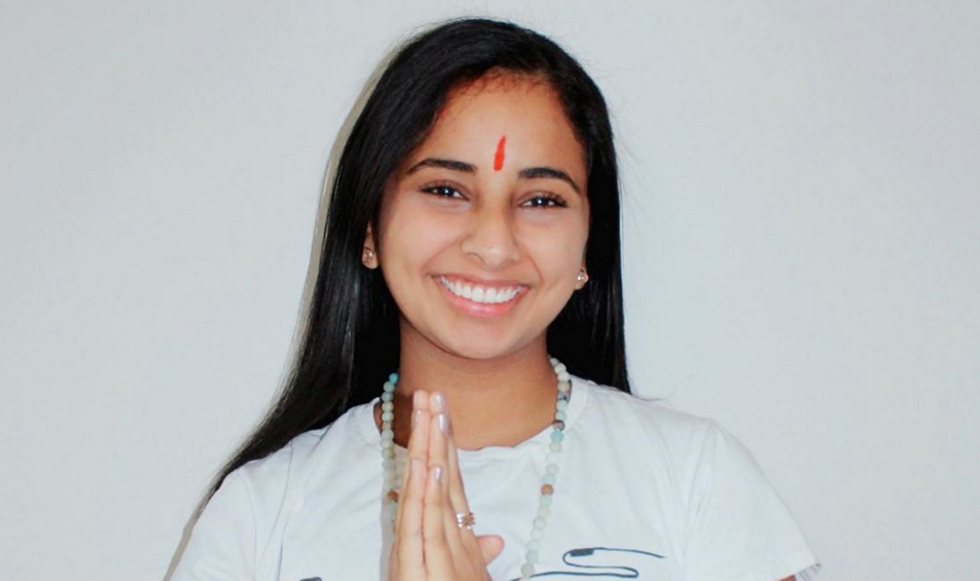The practice of yoga first originated in ancient India thousands of years ago and has a significant and deep history of spirituality and tradition. Through colonization and other events, the ideas of yoga made their way through the Western world in the 19th century and are still widely practiced (in some form or another) all over the world. Recently, I had the opportunity to interview one of my friends, Jaaie Varshney, who became a certified yoga instructor earlier this month, about the practice of yoga.
How long have you been practicing yoga? What inspired you to become a certified instructor?
I've been doing it off and on since high school. I really loved the way it made me feel and the fact that it was really into my culture, but I had just never found the time to become an instructor before quarantine because it's a 200-hour commitment. For example, we had to spend at least 20 hours learning anatomy so that if someone comes into your class and has an injury you know how to accommodate them. We also focused a lot on meditation and spirituality, which I really appreciated, and we learned about all the asanas (yoga poses).
What are the internal and external benefits of practicing yoga?
A lot of people see yoga as a form of working out but it's actually so much more than that. Internally, especially with meditation, it helps verify your goals, it improves your relationships with other people and it helps with measuring and assessing your emotions. And then there are external benefits, obviously, such as improving flexibility and becoming stronger, which is really important as well.
What is the overall purpose of yoga? What does it mean to you, personally?
It depends. The stated goal of yoga, according to the fundamental texts from thousands of years ago was to know one's true self and to strip apart all the stories and expectations about yourself, which comes with meditation and asana practice. I think today a lot of people only see it as a form of exercise, which I don't agree with, but it's up to the individual to know how they want to use it. For me, the goal of yoga is to improve both my internal and external workings.
Do you have a favorite, or go-to, yoga flow?
I like Vinyasa yoga a lot. It's a balance between being physically demanding but also being really calming mentally. If the flow is really intense, like power or Bikram yoga, it can take away from the mental part of it, so I enjoy doing anything that has the combination
Are there any common misconceptions about yoga?
Yes! I could go on forever, but I think the most common one is something I alluded to earlier. Yoga is not just a workout and is not something only done by wealthy women in the west. It has deep roots in South Asian and today it's heavily culturally appropriated as many people do not acknowledge its roots. I don't want to gatekeep yoga, and I think everyone can do it of course. However, I just don't want there to be profit without understanding.
What advice would you give to someone who's just starting to practice yoga or someone who wants to try but is nervous?
For someone who's just starting, I would tell them to not be afraid to challenge yourself. If you have the time to commit to yoga on a larger scale, then it's totally rewarding and you should do it! For someone who's nervous, there's a part of yoga called non-attachment where you let go of any expectations of what yoga is supposed to look like. For example, if you have any idea of what a handstand looks like, you should let that go. So, when you're trying to do one for the first time, it doesn't affect your process of learning. Anyone who's nervous, I think, should really try to embody that idea of non-attachment.

















